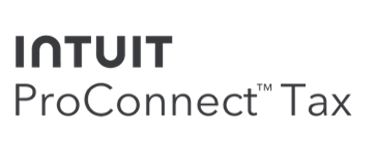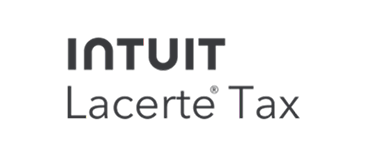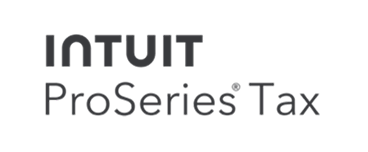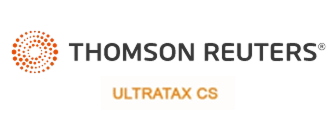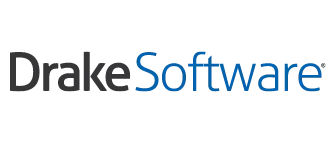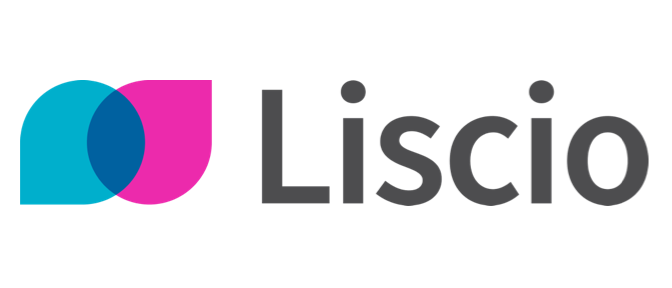
Open Banking, AI and the Future of Accounting
It’s 525 years since a monk called Luca Pacioli created the first written record of the double-entry bookkeeping process. Bookkeepers and accountants have been applying their numbers brain and their people skills to the problem of running businesses ever since, but it wasn’t until 1998 that the accounting industry would be changed forever by the emergence of cloud bookkeeping software as a service.
Now that bookkeepers can harness the power of automation and real-time data, they are doing more than just managing accounting information. Savvy bookkeepers have seized on the efficiencies to scale their businesses, collaborate more meaningfully with their clients, analyse clients’ data and pre-emptively advise clients on the state of their businesses. We’ve seen a reduction in paper, speeding up of service, and more clients wanting to do everything from their phone. But what next?
What Open Banking and the rise of FinTech promise is an ever-more connected financial world where, as an accounting professional, you may soon have access to all of your clients’ financial information in one place enabling you to use benchmarking and comparisons to give more informed business advice for a market segment. If businesses can now set up a business bank account online in an instant as more and more challenger banks like Revolut, N26 and Tide enter the playing field, bookkeepers must increasingly take on the role of bank manager, helping clients navigate their options.
We’re also seeing an influx of hybrid services from the likes of ANNA, Coconut and CountingUp which aim to combine banking with accounting and use bot-enabled chat to emulate the types of conversations business owners might ordinarily have with a bookkeeper or accountant. Could your clients get on better with an AI-powered bot that sends them emojis as it explains what can be classed as a business expense? If the answer is yes then you need to ensure you’re effectively differentiating yourself and adding a level of empathy and real-world wisdom to the problems your clients are facing.
The pace of change is accelerating and Artificial Intelligence (AI) will only speed up the disruption of the accounting profession. One of the biggest and most exciting advances in AI is machine learning and pattern recognition which have enabled computers to learn from observations in a similar way to humans, but on a much larger scale. This technology is making great strides in the areas of natural language processing and in medical diagnosis.
Whilst AI can replicate human intelligence, can spot anomalies, check data and produce outputs that far exceed the accuracy and consistency of anything us mere humans can produce.
Famous Futurist and Google engineer, Ray Kurtsweil explains it well when he says, ‘We will ultimately multiply our intellectual powers by applying and extending the methods of human intelligence using the vastly greater capacity of nonbiological computation. So to consider the ultimate limits of computation is really to ask: what is the destiny of our civilization?”
And how far do we need to look into the future of civilisation to understand the future for accounting professionals? What would Luca Pacioli have predicted, himself a Renaissance ‘influencer’ who tutored the likes of Leonardo Da Vinci?
The smarter our systems become, and the richer the data we have access to, more businesses can succeed. Bookkeepers do so much more than compile figures, they hold their clients’ hands through some of their biggest decisions. Business owners stay accountable, pay the right taxes, and make informed decisions about the future and the allocation of resources.
It’s clear to me that bookkeepers and accountants must continue to build on their hard technical skills to become adaptive to new technology whilst at the same time improving their soft skills to think critically and communicate ever more effectively. There’s no need to feel threatened by advances in technology, you need to embrace it to drive change for your business and clients. Or, as Ray Kurtsweil puts it,
‘A successful person isn’t necessarily better than her less successful peers at solving problems; her pattern-recognition facilities have just learned what problems are worth solving.’
Strong economies start with good bookkeeping. Our vision is a future where more businesses succeed because they have the support of a skilled and approachable bookkeeper. A bookkeeper is so much more than a number data analyst or an operator of software. They’re the human face to your numbers. They’re the person who loves your business as much as you do. They’re the key to your success.
